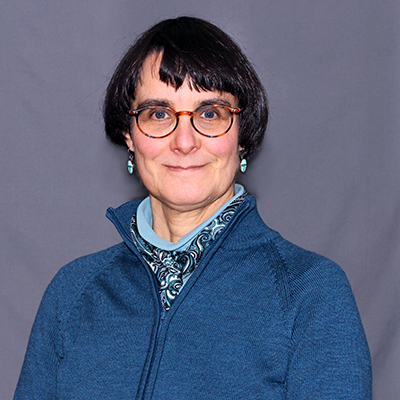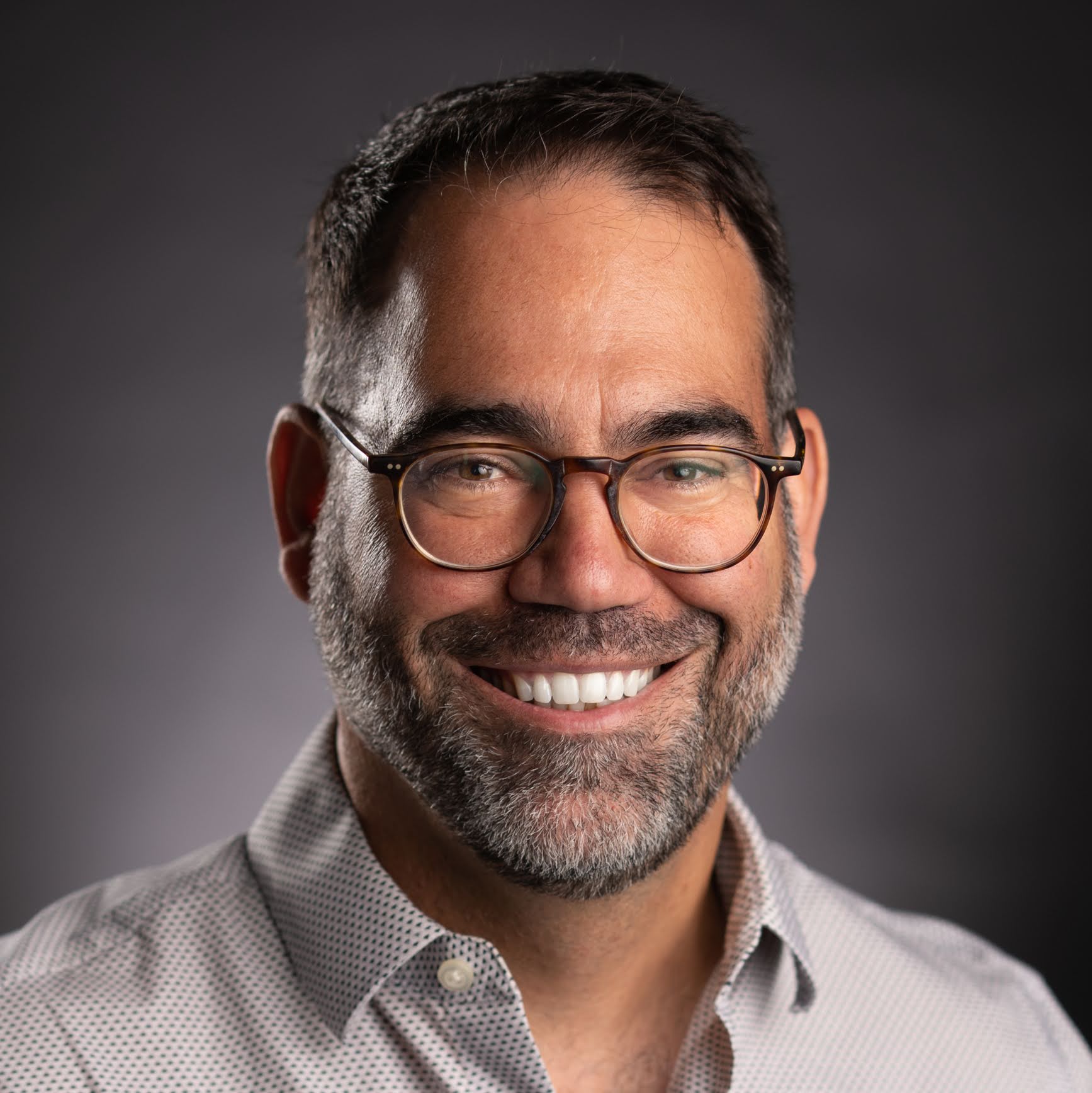Shout-outs: Judith Burstyn, Kyle Cranmer
 Professor Judith Burstyn will take leave of absence from the Department of Chemistry to join the National Science Foundation (NSF) Division of Chemistry as its division director in January 2025. The position is a two-year appointment.
Professor Judith Burstyn will take leave of absence from the Department of Chemistry to join the National Science Foundation (NSF) Division of Chemistry as its division director in January 2025. The position is a two-year appointment.
Burstyn was the Irving Shain Chair in Chemistry and the department chair From 2017 to 2021. She is an accomplished researcher in biological inorganic chemistry. She has been recognized with several awards and fellowships, including selection as a Fellow of the American Association for the Advancement of Science and as an Alfred P. Sloan Foundation Fellow. She has served in several roles in service to the chemistry community, including as a member of the Editorial Advisory Board of the American Chemical Society Journal of Inorganic Chemistry and chair of the Gordon Research Conference on the Chemistry and Biology of Tetrapyrroles. She joined the University of Wisconsin–Madison chemistry faculty in 1990.
 Kyle Cranmer, director of the Data Science Institute (DSI) Powered by American Family Insurance and professor of physics, has been named to serve on the the DOE basic research group related to AI for high-energy physics.
Kyle Cranmer, director of the Data Science Institute (DSI) Powered by American Family Insurance and professor of physics, has been named to serve on the the DOE basic research group related to AI for high-energy physics.
Prior to joining UW–Madison in 2022, Cranmer spent 15 years at New York University. Past recognition includes being awarded the Presidential Early Career Award for Science and Engineering in 2007 and the National Science Foundation’s Career Award in 2009 for his work at the Large Hadron Collider. Cranmer developed a framework that enables collaborative statistical modeling, which was used extensively for the discovery of the Higgs boson in 2012.
Cranmer has established himself as a leading figure on the interplay of machine learning and the physical sciences. He has served as a member of the High Energy Physics Advisory Panel (HEPAP) and was appointed to the Particle Physics Project Prioritization Panel (P5) in December 2022. He was elected as a fellow of the American Physical Society in 2021, and he was selected as Editor in Chief of the journal Machine Learning: Science and Technology in 2022.
